
& NanoScientific Magazine
September 19-20, 2018
257 Fuller Road
SUNY Polytechnic Institute
Albany, NY 12203
FREE to the next 50 people to register upon confirmation!
After that, just:
$100 for Professors and Industry Professionals
$50 for Post-Docs and Students
Park Systems and NanoScientific Publications are proud to announce the 2018 NanoScientific Symposium on Scanning Probe Microscopy (SPM), a new venue for nanoscience researchers, scientists, and engineers to learn about the latest studies being formed using SPM. Keynote speakers from both academia and industry will be on hand to talk about the current cutting-edge work being performed in their laboratories and discuss the headway they have made with SPM in some of the hottest fields and topics in nanoscience today.
Speakers for the 2018 NanoScientific Symposium on SPM at SUNY Polytechnic Institute

“Measurement Challenges arising from New Semiconductor Materials and Structures for Integrated Circuits”
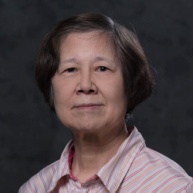
“Ultrathin layered materials studied by AFM and MFM”

“Meeting the Challenges in Analyzing State-of-the-art Semiconductor Devices Using Scanning Probe Microscopy”
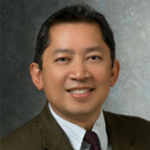
“Functional Graphene Oxide (GO) Templated Patterning and Anti-Microbial Properties”
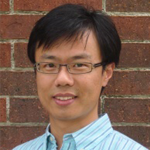
“Quantitative Thermal Conductivity Analysis with Scanning Thermal Microscopy”
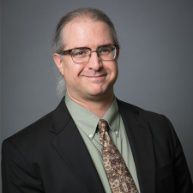
“Advances in Electric Force Microscopy: (1) Sub-cycle Changes in Photocapacitance in Organic Photovoltaics, (2) Anomalous Light-induced Conductivity in Lead-Halide Perovskites, and (3) a Unified Lagrangian-Mechanics Theory of Scanning-Probe Electrical Measurements”
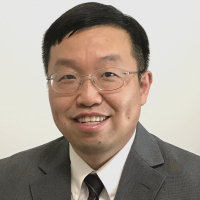
“When glancing angle deposition meets with colloidal lithography … ”
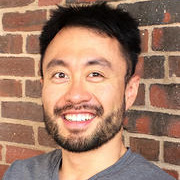
“Learning in Fundamental Atomistic Processes Using Suspended Silicon Nanowires”
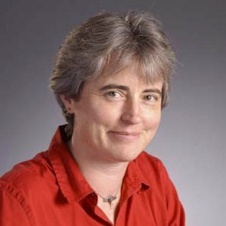
“The Complex Polymers Beneath Your Feet”
Do not miss your chance to join this great opportunity to learn and network with some of the best and brightest in materials characterization! Register today using the form at the bottom of this page.
Key Dates
- Deadline to submit abstracts
- Saturday, June 30, 2018
- Announcement of presenters
- Sunday, July 15, 2018
The first day of the symposium (Wednesday, September 19) will be composed of talks and discussions covering areas such as (but not limited to):
- 2D and other nanomaterials
- Polymers and composites
- Electronics, magnetics, and photonics
- Sustainable energy applications
- Semiconductor and MEMS process and fabrication
- Analytical chemistry
- Biology, biomedicine, and other life sciences
The second day of the symposium (Thursday, September 20) will focus on a short course for AFM with access to live AFM systems at Park Nanoscience Center. Space for the day two short course and demo is limited to a maximum of 30 people - Register Now!
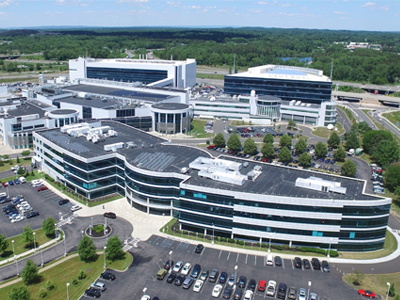
The NanoScientific Symposium on SPM will be held Sept. 19-20th at the Park Nanoscience Center at SUNY Poly’s Albany NanoTech Complex, a fully-integrated research, development, prototyping, and educational facility and home to the College of Nanoscale Sciences and the College of Nanoscale Engineering and Technology Innovation.
